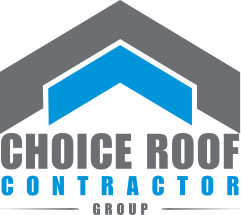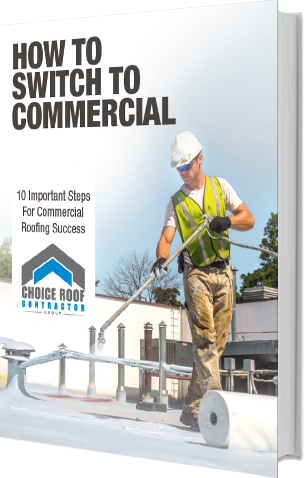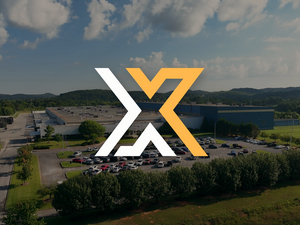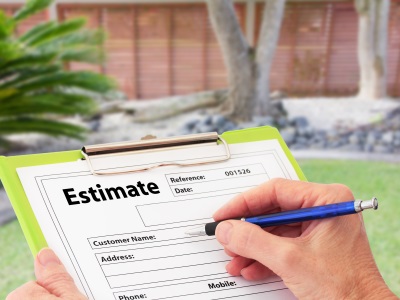

We have put together a comprehensive list of the key benefits PVC roofing offers. You can utilize this information in your marketing materials, cold calls, and quote presentations.
Superior Weather Protection
PVC membranes deliver exceptional weather resistance through heat-welded seams. These systems maintain flexibility in extreme temperatures and resist UV degradation through advanced formulations.
Energy Performance Benefits
Need a Local Expert?
Our group works together to provide:
- Larger Base of Knowledge
- Group-Wide Accountability
- Set Standards for Service
- More Peace of Mind
- 85% solar radiation reflection
- Reduced cooling costs
- Minimized urban heat island effect
- Long-term reflectivity retention
- Lower carbon footprint
Installation Advantages
These installation advantages help reassure your potential customer of the quality, durability, and cost-efficacy of choosing a PVC Roofing system.
- Lightweight material composition
- Superior heat-welded seams
- Multiple attachment options
- Year-round installation capability
Exceptional Durability
PVC is very appropriate for many specific business applications. Outlining items like chemical resistance helps underscore their value to buildings containing these applications.
PVC systems resist:
- Industrial chemicals
- Fire exposure
- High winds
- Punctures
- Microbial growth
- Standing water
Cost-Effective Investment
Proving the long-term value in PVC roofing systems is key to closing the deal with your customer. Using these factors helps show them how their investment today pays off in the future.
Long-term value is achieved through:
- Long lifespan
- Reduced energy costs
- Minimal maintenance
- Potential insurance benefits
- Recycling options
Quality Assurance
There are always those who will question the quality of single-ply roofing systems. As each system offers different specifications, we encourage you to truly know the details of the system you are proposing.
- Material testing certification
- Professional installation requirements
- Third-party monitoring
- Manufacturer warranty terms
- Industry compliance
PVC Roofing Systems
Knowledge is power. The more you know about the PVC roofing systems you are proposing, the more likely you are to convert that quote to an actual sale.
Common Questions About PVC Roofing
Q: How long do PVC roofs typically last?
A: With proper installation and maintenance, PVC roofing systems typically last 20-30 years. Many manufacturers offer 20-year warranties to back this up.
Q: What maintenance does PVC roofing require?
A: Annual inspections, seam checks, drain cleaning, and debris removal. Professional inspection recommended twice yearly.
Q: How does PVC compare to TPO roofing?
A: PVC offers superior chemical resistance, better weldability, and longer lifespan. Initial costs are higher than TPO but provide better long-term value.
Q: Can PVC roofing support solar panels?
A: Yes, PVC membranes are ideal for solar installations due to their durability and heat resistance. Many systems include integrated mounting solutions.
Q: What thickness of PVC membrane is recommended?
A: Commercial applications typically use 60-80 ml thickness. High-traffic areas may require 80 ml or greater.
Q: Is PVC roofing environmentally friendly?
A: Modern PVC roofing is recyclable, energy-efficient, and reduces carbon footprint through decreased energy usage. Manufacturing processes have improved significantly over the years.
Q: How does weather affect PVC roof installation?
A: Installation is possible in most weather conditions above 40°F (4°C). Of course, dry conditions are required for proper seam welding.


 A major misconception in commercial roofing is that coatings are mostly cosmetic. In reality, roof coatings are meant to be a part of a multi-component system designed to deliver thickness, flexibility, UV protection, and long-term waterproofing.
A major misconception in commercial roofing is that coatings are mostly cosmetic. In reality, roof coatings are meant to be a part of a multi-component system designed to deliver thickness, flexibility, UV protection, and long-term waterproofing. Even premium coatings can fail prematurely if these commercial realities outlined below aren’t addressed.
Even premium coatings can fail prematurely if these commercial realities outlined below aren’t addressed. For commercial building owners, the roof plays a critical role in protecting daily operations, inventory, equipment, and customer experience. Roof coatings provide a proactive solution that minimizes leaks and A/C costs. And, because they can be applied with minimal interruption, they allow businesses to continue running without costly downtime.
For commercial building owners, the roof plays a critical role in protecting daily operations, inventory, equipment, and customer experience. Roof coatings provide a proactive solution that minimizes leaks and A/C costs. And, because they can be applied with minimal interruption, they allow businesses to continue running without costly downtime.


 Seams are critical to the integrity of any single-ply roof. Whether they’re heat-welded (TPO, PVC) or adhered (EPDM), seams are a potential weak spot; especially if not installed properly or subjected to years of UV exposure.
Seams are critical to the integrity of any single-ply roof. Whether they’re heat-welded (TPO, PVC) or adhered (EPDM), seams are a potential weak spot; especially if not installed properly or subjected to years of UV exposure.
 Standing Seam Roofing: Standing seam roofs are among the most popular varieties of steel roofs in use today. Standing seams conceal the fasteners used to bind steel sheets together, which is ideal for rainy areas as there’s very little chance of a leak, even after a severe rain shower or hailstorm.
Standing Seam Roofing: Standing seam roofs are among the most popular varieties of steel roofs in use today. Standing seams conceal the fasteners used to bind steel sheets together, which is ideal for rainy areas as there’s very little chance of a leak, even after a severe rain shower or hailstorm.
 Measuring roof area and preparing an estimate are all essential activities for securing a roofing job, and these tasks consumed a lot of time in the pre-digital era. Thanks to apps and software available now, an incredible amount of time can be saved on measuring roofs and preparing an estimate.
Measuring roof area and preparing an estimate are all essential activities for securing a roofing job, and these tasks consumed a lot of time in the pre-digital era. Thanks to apps and software available now, an incredible amount of time can be saved on measuring roofs and preparing an estimate.
 In today’s competitive roofing market, it can be quite a challenge to be noticed. While every entrepreneur knows the struggle of acquiring and retaining customers, standing out from the crowd can be hard. Consider one of the most powerful ways to stand out: Google Reviews!
In today’s competitive roofing market, it can be quite a challenge to be noticed. While every entrepreneur knows the struggle of acquiring and retaining customers, standing out from the crowd can be hard. Consider one of the most powerful ways to stand out: Google Reviews!


